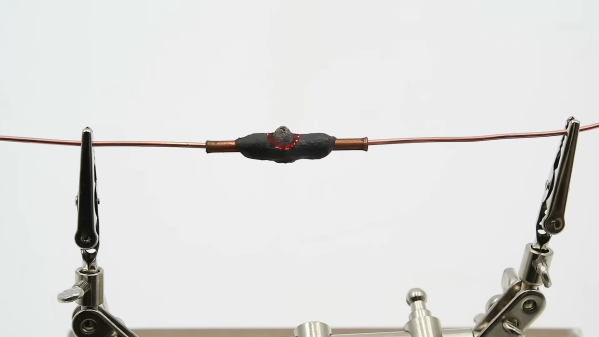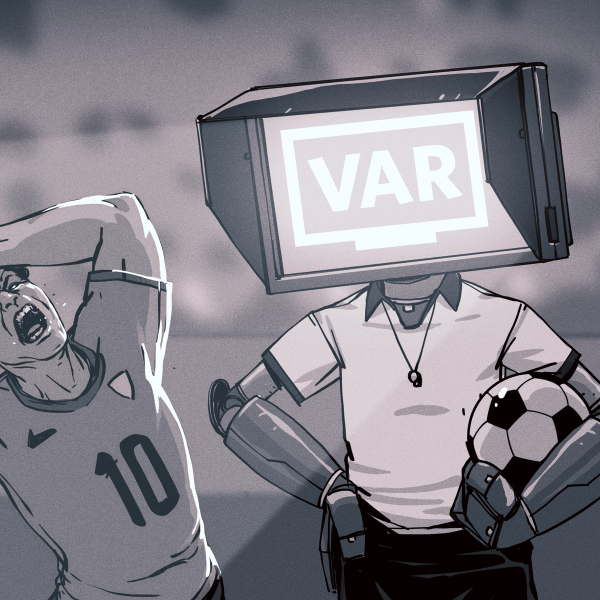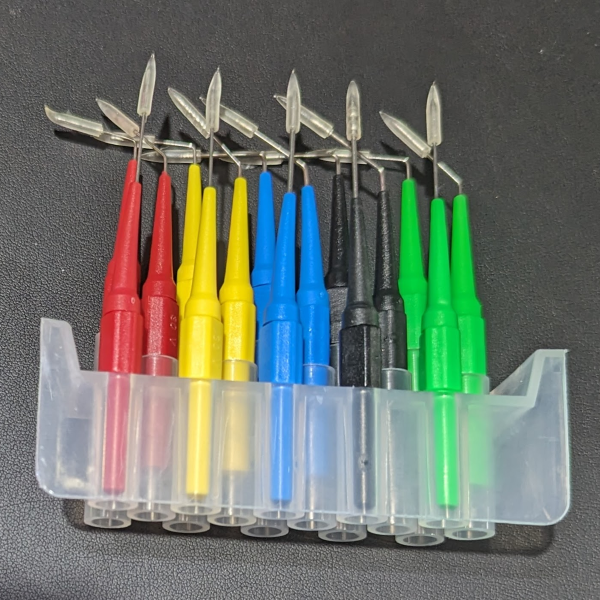Imagine you’re a commando, doing some big secret mission on the continent in the midst of World War II. You need to hook up some wires to your explosive charges, and time is of the essence. Do you bust out the trusty Weller and see if those petulant Axis chaps will let you plug it in somewhere? No! You use a pyrotechnic self-soldering sleeve, as [Our Own Devices] explains.
Like so many British inventions during the war, the sleeves really are ingenious. They were developed by the Special Operation Executive, an organization charged with sabotage and subversion operations in then-occupied Europe.
The soldering sleeves were designed to make electrical connections between detonators and firing wires for explosives. The sleeves consist of a copper tube through which wires to be joined are fed, with a lump of solder in the middle. The assembly is covered in pyrotechnic material with a safety match-style starter chemical dosed on top. Using the sleeves is simple. First, two stripped wires are fed into either end of the copper tube. The starter the sleeve is then ignited using the box, just like striking a match. The pyrotechnic material then gets red hot, melting the solder and making the connection.
It’s well worth watching the video to see how these field-expedient devices actually work. We’ve explored the use of more-typical solder sleeves before, too. Video after the break.
Continue reading “Check Out These Amazing Self-Soldering Sleeves From World War II”












